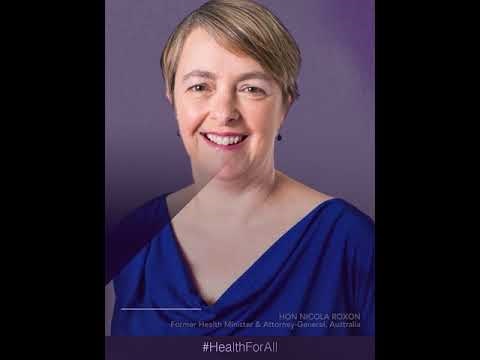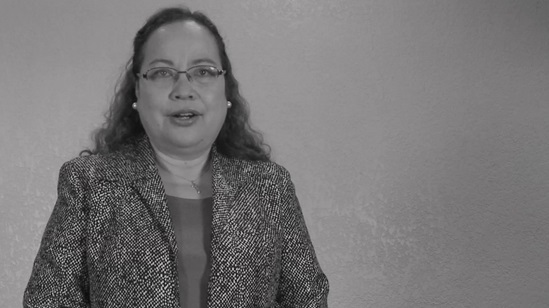Gender and health
Gender refers to the socially constructed roles, behaviours, activities, and attributes that a particular society considers appropriate for men, women, boys, girls, and gender diverse people.
Societal norms, roles and relations that are based on gender, can affect health by influencing the health-related experiences and behaviours of individuals and their relationships with others. Comparing data between women and men in the Western Pacific, for instance, women and girls may experience limited control over decision-making about their bodies, in their intimate relationships, families and communities, exposing them to violence, coercion and harmful practices, placing their health and wellbeing at risk.
In comparison, traditional and rigid expectations of masculinity can increase men’s vulnerability to health risks and make them less inclined to seek health care in a timely manner. This, in turn, can contribute to delays in diagnosis, care and prevention, adversely impacting their health, and putting men at higher risk of dying from both infectious as well as noncommunicable diseases. Rigid gender norms can also negatively affect gender diverse people, who are more likely to experience violence and coercion, stigma and discrimination, including from health workers.
Gender equality in health means that all genders experience fairness and justice in the distribution of benefits, power, resources, and responsibilities, so that individuals can realize their full rights and potential to achieve the highest attainable standard of health.
Achieving gender equality in health often requires specific measures to mitigate barriers as well as to address systemic biases, promote cultural shifts, and foster inclusive policies that empower individuals of all genders.
In the Western Pacific Region, the work of WHO is aligned with and supports the advancement of the Sustainable Development Goals, particularly SDG 3: Ensure healthy lives and promote well-being for all at all ages, and SDG 5: Achieve gender equality and empower all women and girls. With this, WHO seeks to ensure that every person, regardless of gender, can live a safe and healthy life.
WHO in the Western Pacific supports Member States to address gender-related barriers to health and ensure gender-responsive health service provision, information and delivery by:
- Engaging in technical collaboration to build national capacity for gender-responsive and transformative policy and programme design, implementation and monitoring, including advocating for active participation of all genders;
- Providing technical assistance to generate new evidence on gender in identifying and addressing gender-related issues and barriers through multisectoral and multistakeholder collaboration;
- Providing technical assistance to build national capacity on gender mainstreaming within both WHO and Ministries, across all technical areas of work;
- Promoting key partnerships to advance gender equality within and beyond the health sector to achieve common goals and maximise impact;
- Developing platforms for regional and cross-country knowledge exchange, learning and collaboration on best practices and lessons learned on gender-responsive health policies, strategies, systems, policies, and practices;
- Promoting gender equality in health workforce development, participation and leadership across governance structures.











